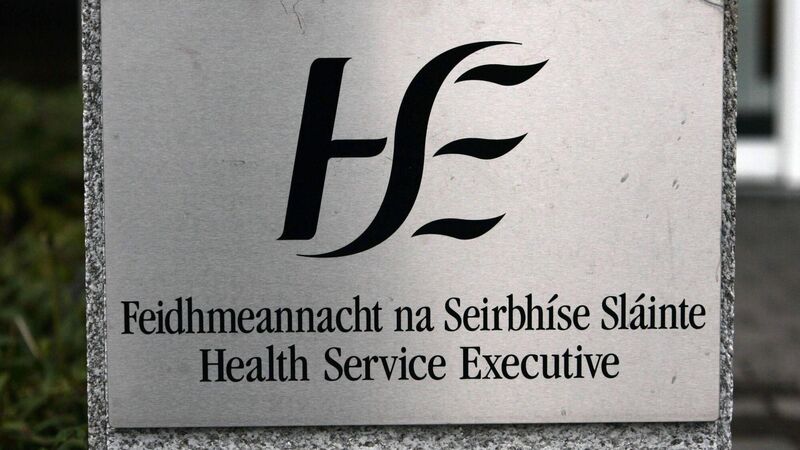Irish Examiner view: No oversight of payments to consultants

An internal audit report prepared for the HSE reviewing the pay of consultants has found that 99 doctors earned more than €350,000 in 2023, an increase of 57 from the 42 recorded in 2022.
The revelations this week about consultants’ pay packets will give many readers pause, particularly those who engage with the health service on a regular basis.
As reported here by Cianan Brennan, an internal audit report prepared for the HSE reviewing the pay of consultants has found that 99 doctors earned more than €350,000 in 2023, an increase of 57 from the 42 recorded in 2022.













